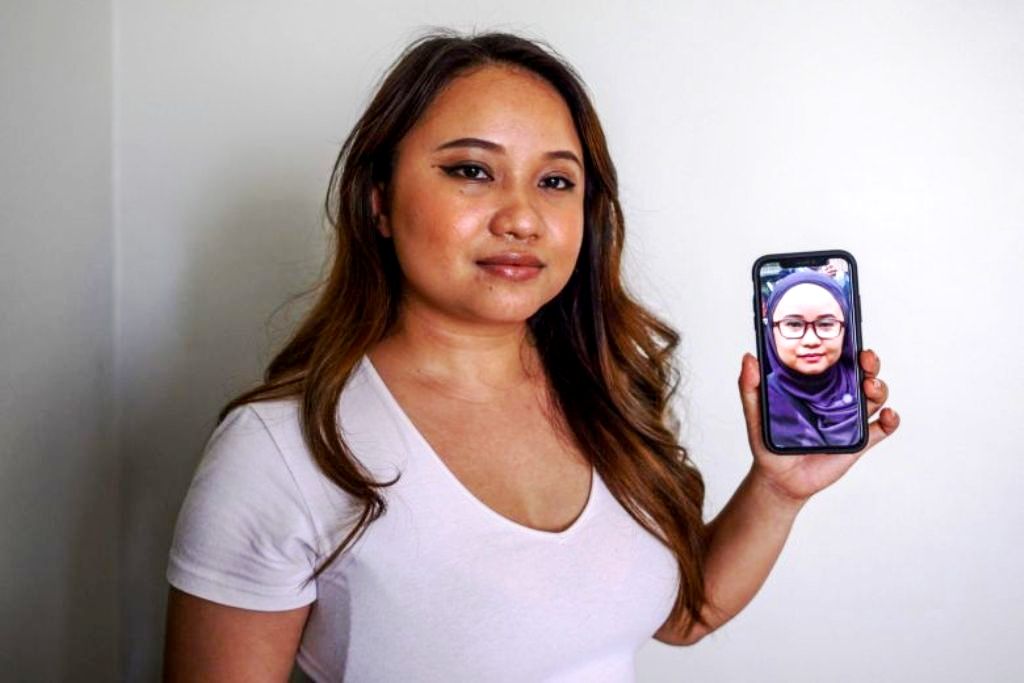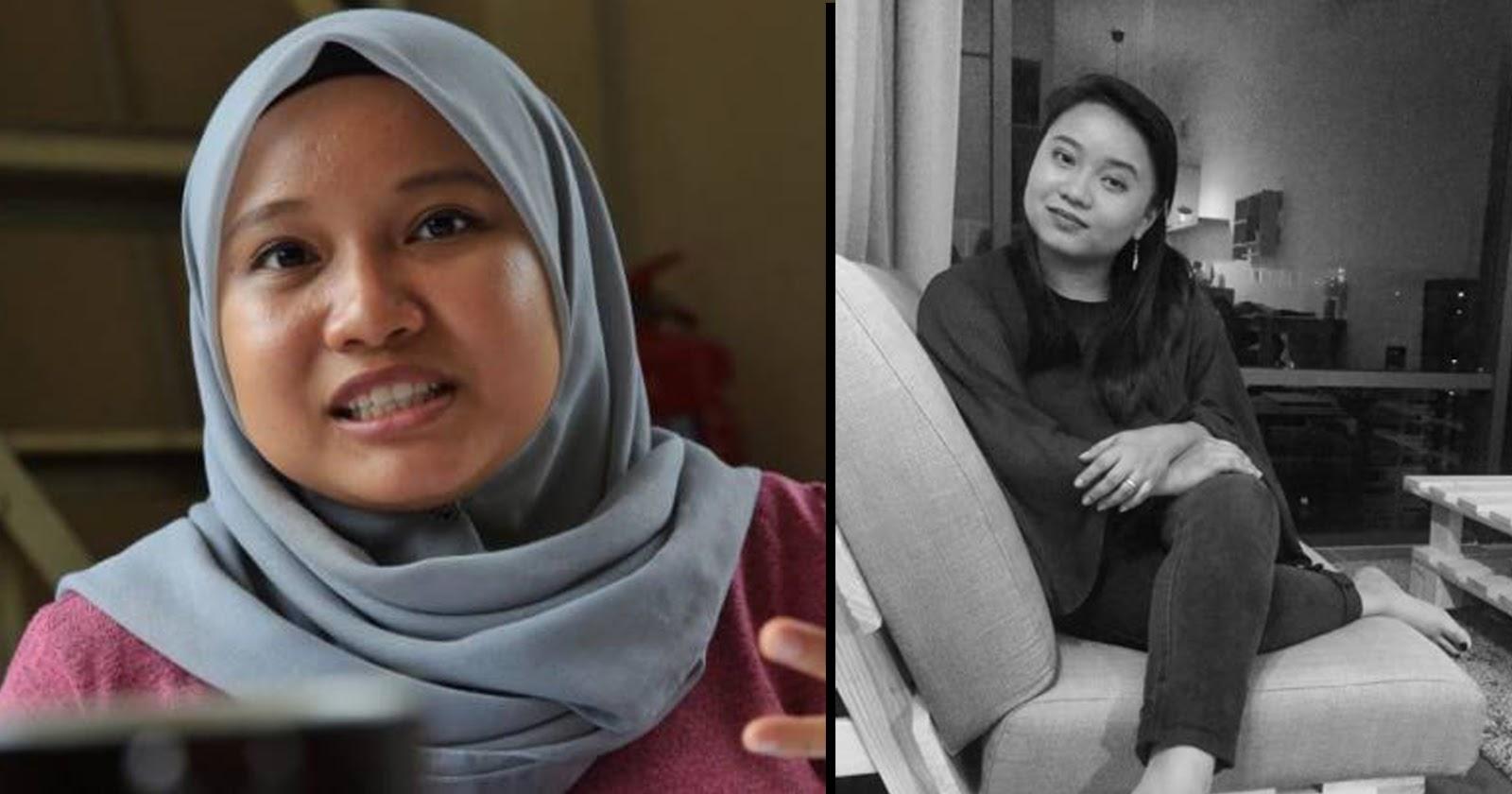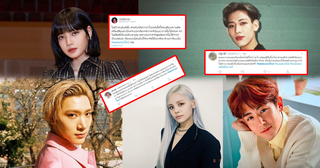Muslim activist Maryam Lee is a highly controversial figure in Malaysia, she is also been harassed and placed under investigation by the religious authorities. Her crime? Speaking out about her decision to stop wearing the hijab and criticizing what she sees as institutional patriarchy in Islam.
Most in Muslim-majority Malaysia follow a moderate form of the religion and wearing a headscarf, known locally as a “tudung” and used to cover the head and neck, is not mandatory. But experts say the nation has become more conservative in recent years and today, most Muslim women wear one.
Other predominantly Muslim countries like Iran also strictly follow the said custom to such an extent that one young woman had to sacrifice her life. She purportedly suffered in the hands of the country’s police force for failing to wear her hijab properly.
Because of this, many people and non-profits to human rights organizations around the world to help restore basic human dignity.
Ms. Maryam, who was made to wear a headscarf from the age of nine, says she realized in her mid-20s that she was conforming to a social expectation rather than a religious requirement and decided to remove it.
“All my life, I had been told that (wearing the headscarf) is mandatory and if I don’t wear it, it is sinful. And then I found out that it actually wasn’t, so I felt very cheated – like all your life you have been told one thing, and it turns out to be a lie,” she explains.
It was a difficult personal decision but when she went public, detailing her story in her book Unveiling Choice, she faced a vitriolic backlash and death threats.
Encouraging women to “de-hijab”
Malaysia’s religious affairs minister expressed concern and she was hauled in for questioning under a law against insulting Islam – the country has a dual-track legal system, with Muslim citizens subject to syariah laws in certain areas.
Ms Maryam believes officials were concerned she was encouraging other women to “de-hijab”, but insists this is not the case. “I’m not telling women what to think. I’m asking them to revisit certain assumptions and certain theories that have been taught to them over the years,” the 28-year-old says.
“Even without legal criminalisation, women are facing social criminalisation when they want to take (the hijab) off,” she says, adding that women like her are in a “jail of society’s expectation”.
To mark the release of her book, which she describes as a story of resistance against patriarchy in religion and wider society, she took part in a talk called Malay Women And De-Hijabbing, which fuelled the furore against her.
Wearing a hijabs controversial
Head coverings differ around the Muslim world, from scarves that leave the face visible to the niqab that leaves the areas around the eyes clear and the all-concealing burqa with just a mesh screen to see through.
In the West, they remain controversial amid debates over freedom of religious expression and Muslim women’s rights – France does not allow students to wear hijabs in schools and, along with Belgium, Denmark, Austria and the Netherlands, has a total ban on wearing the niqab or burqa in public.
Muslim women in Malaysia, which is more than 60 per cent Muslim but is also home to large ethnic Chinese and Indian minorities, wear a headscarf that covers the hair and chest, though it is not legally required.
Critics say this expectation of modesty was not the case a generation ago and is a result of the greater influence of increasingly vocal religious hardliners.
Ms Maryam has been targeted by angry zealots but has also been hailed as the voice of the modern Malaysian woman by some in the social media generation keen to express their individuality as well as their faith.
Source: Straitstimes








